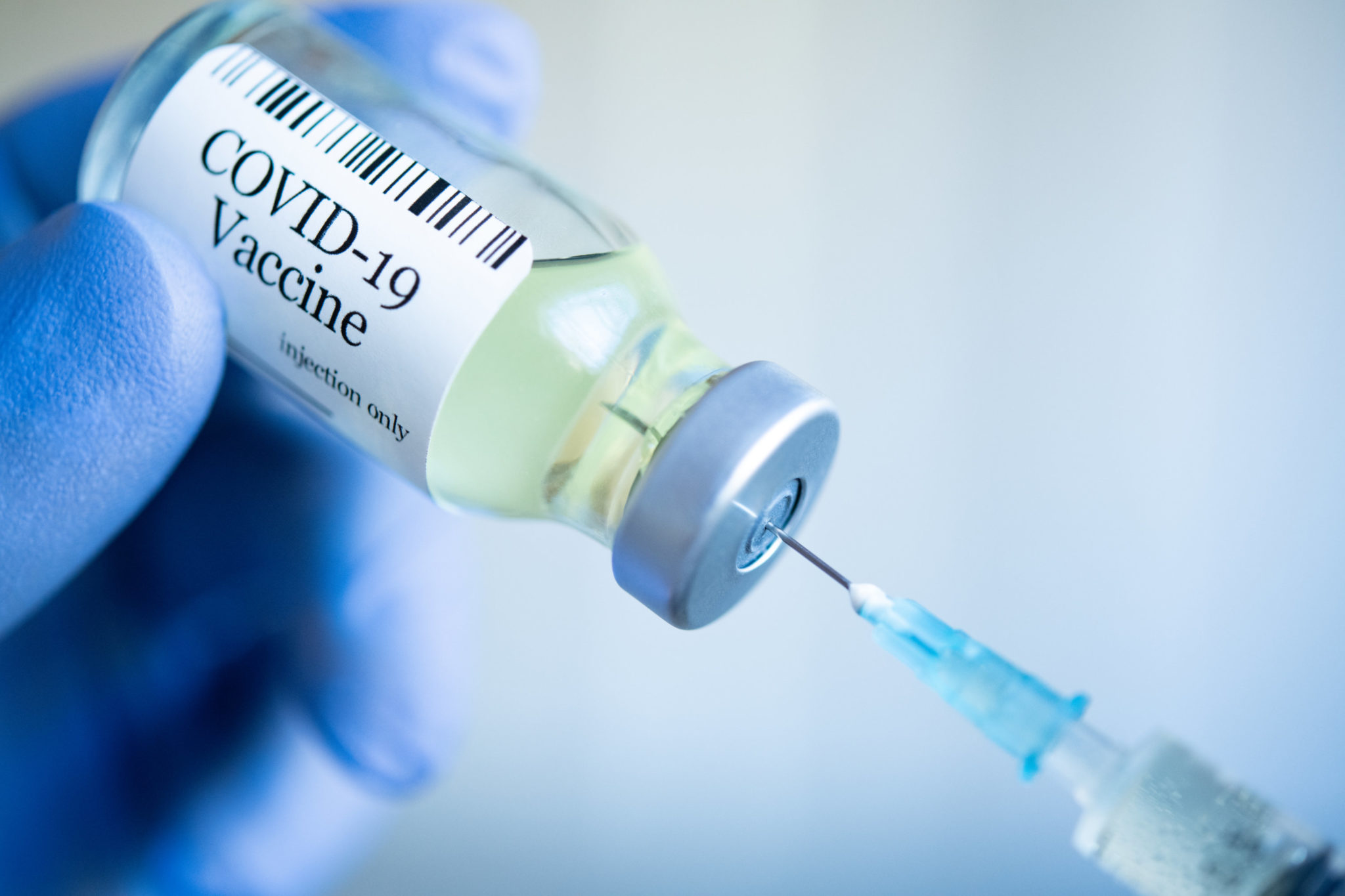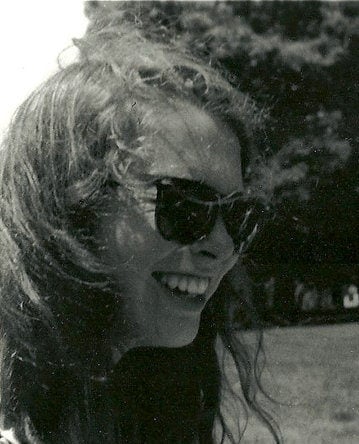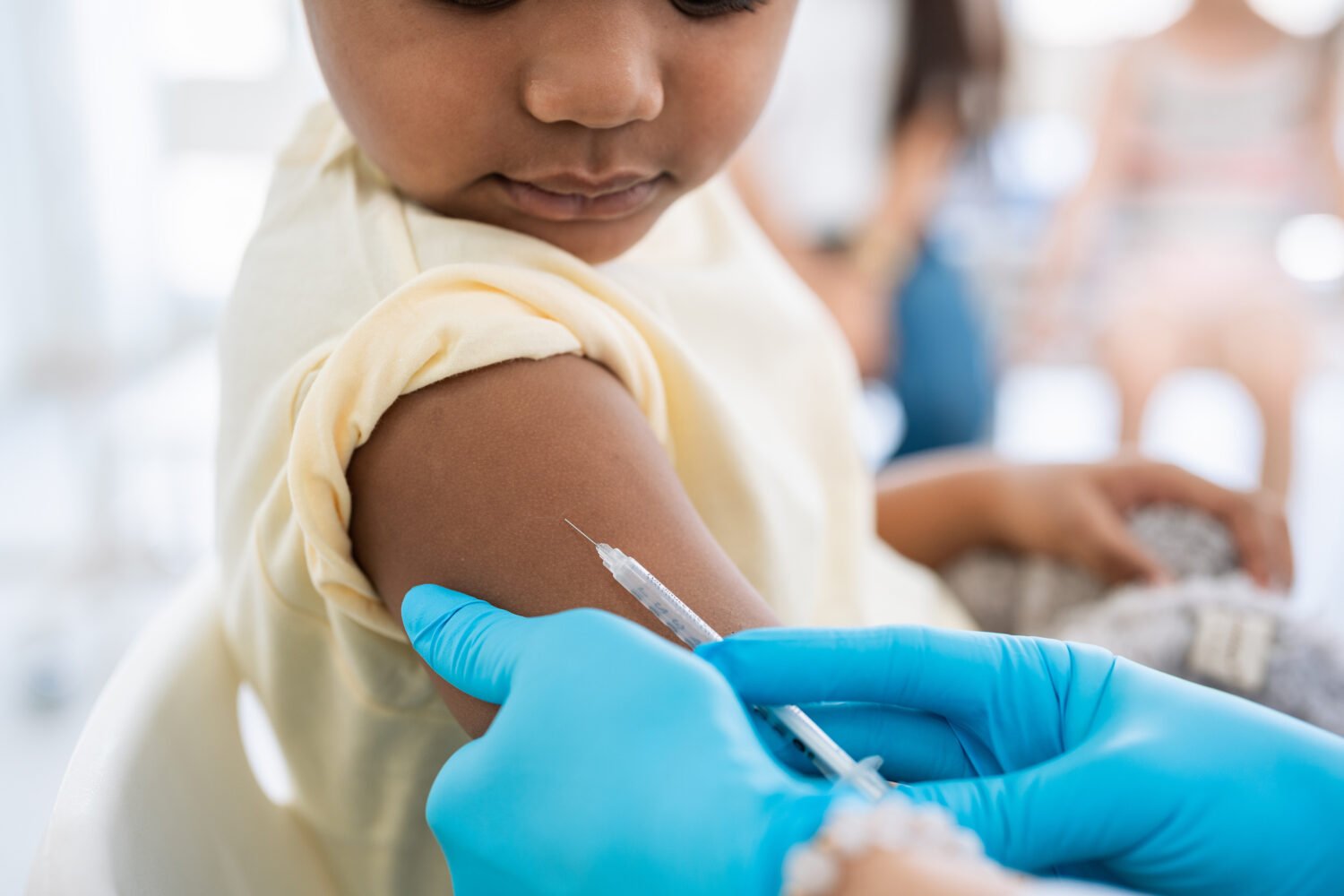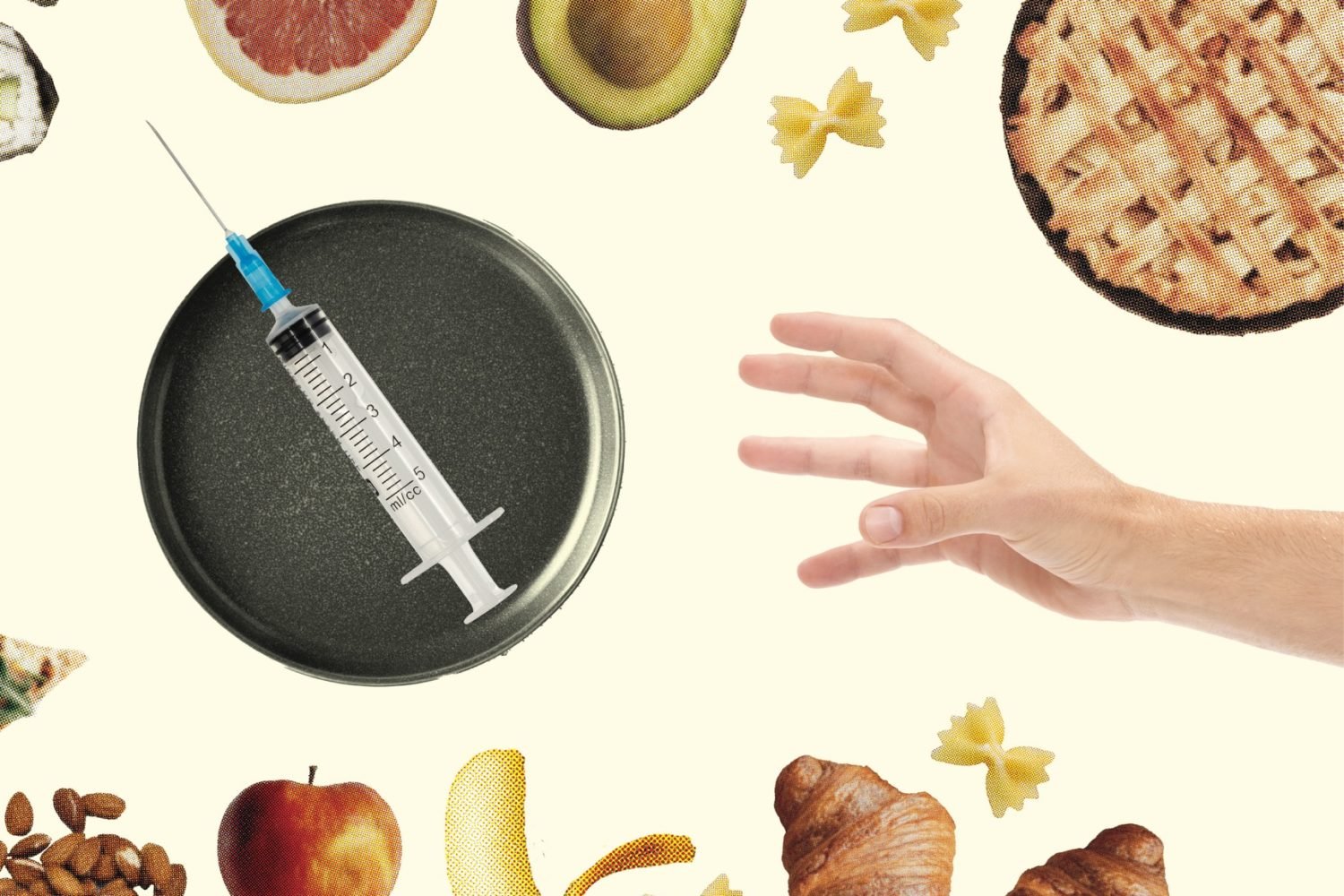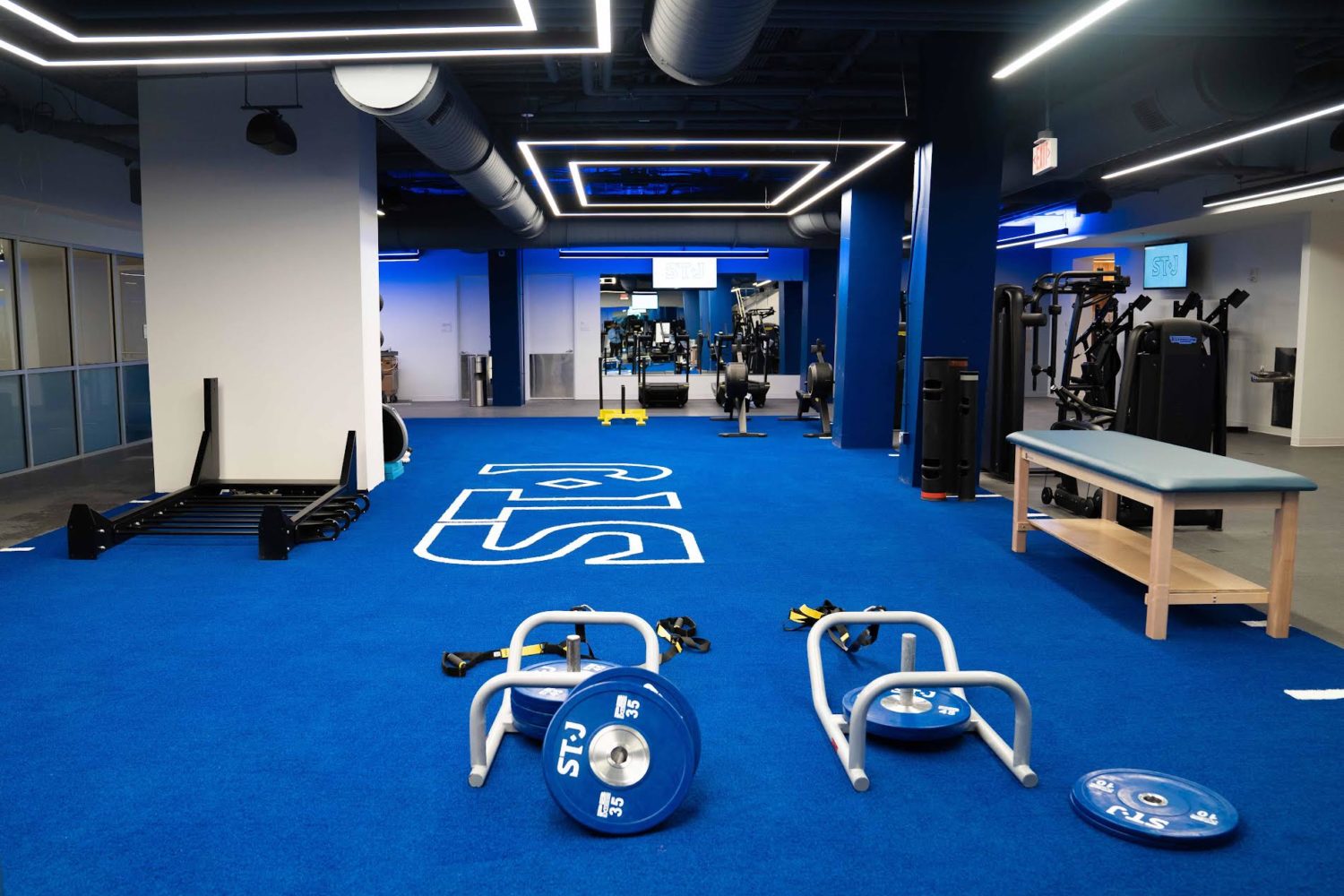Judging by the amount of people who have pre-registered with DC’s Covid-19 vaccine site—and the stream of vaccine selfies flooding our timelines—it’s safe to say that many folks in the area are very excited and eager to get their shots.
But what if you have a deep, paralyzing fear of needles? Well, you’re likely still eager to get vaccinated, but you’re also…really freaked out by the fact that said vaccine requires a needle to the arm.
You’re hardly alone. Research has found that an estimated 22 percent of adults have a fear of needles, and that needle phobia—aka trypanophobia—affects 3.5-to-10- percent of people at-large.
Sara Strei gets it. The 24-year-old American University law student tends to have a lot of anxiety when it comes to anticipating “high-pressure situations,” she says, which include things like medical procedures or shots. She’s had this fear her whole life, she says, back to the days of being a kid going to the pediatrician. Today, her anxiety around these procedures manifests as nausea, lightheadedness, seeing spots, and sometimes passing out. Strei goes to therapy and meditates to help her anxiety in general, and she tries to employ some of those tools when it comes to getting shots.
Strei has a pre-existing condition, so she recently received her first dose of the Moderna vaccine. Luckily, it wasn’t too bad: She opted against a selfie, turning her head away from the healthcare provider as they readied the shot, and she was able to make it through without passing out. Her next dose is next month, and she’s already plotting tactics to cope: “I saw someone put in AirPods and listen to music or listen to a podcast,” she says of her last visit. “I’m definitely going to bring headphones with me next time.”
As for Eli Kales, the 18-year-old Georgetown student says he helps manage his needle anxiety by looking at the bigger picture. “I just try to think about it as like, a very minor blip,” he says. “Instead of focusing on [the shot], focus on the larger picture. I like to tell myself, ‘In 15 seconds, this will be done.’ And that makes it a lot easier just to deal with.”
Kales, too, has had a fear of needles since he was a kid. “It feels a little bit of an invasion, and I like to be in control,” he says. “And having something else like a needle stick into you sort of takes you out of control for a second.” His fear often manifests in a panicky, fight-or-flight kind of response, one he’s tried coping with via tactics like watching TV during shots or asking providers to give him shots in his legs instead of his arms.
When we spoke, he was just about to receive his vaccine (he qualifies via his job as a camp counselor). It’s something he’d been anxiously thinking about since the early days of the pandemic, when talks first started about the search for a vaccine. “[I was thinking] ‘I’m ready for this to be over, and I’m ready for things to be back to normal,'” he says. “But then there’s this little thing in the back of my head that’s like, ‘You know what you have to do to get that? You have to have a shot.'”
Morgan McCloy has also spent a lot of time worrying about the day she gets the vaccine. McCloy, who is 28 and works in production at Axios, also hates needles, and typically starts to feel faint and gets nauseous post-shots. So the countdown to getting a shot has been on her mind since we started throwing around the “vaccine” word.
“Once it started, I was like, ‘Okay, yeah, it seems like the only way out of this would be a vaccine, which isn’t ideal,'” she says. “I’m very excited to get it, because I’m ready for this pandemic to be over, but I know I’ll be nervous.”
She doesn’t anticipate getting vaccinated for a while, as she’s young and has no underlying conditions, but when the day comes, she’s crossing her fingers for the Johnson & Johnson vaccine. “I mean, I’ll take any of them at this point,” she says, “but it would be ideal to only have to go through it once, rather than twice.”
And while Strei was originally keeping her fingers crossed for the “one and done” Johnson & Johnson shot, she’s still thankful for getting the Moderna—even if it means she has to gear herself up for another needle poke. “I would much rather get the shot twice than live through the past year,” she says. “And I think it’s a short sacrifice of like, five seconds of getting pricked by a needle and maybe some arm pain for the greater good.” She plans to one day show her vaccination card to her grandkids.

